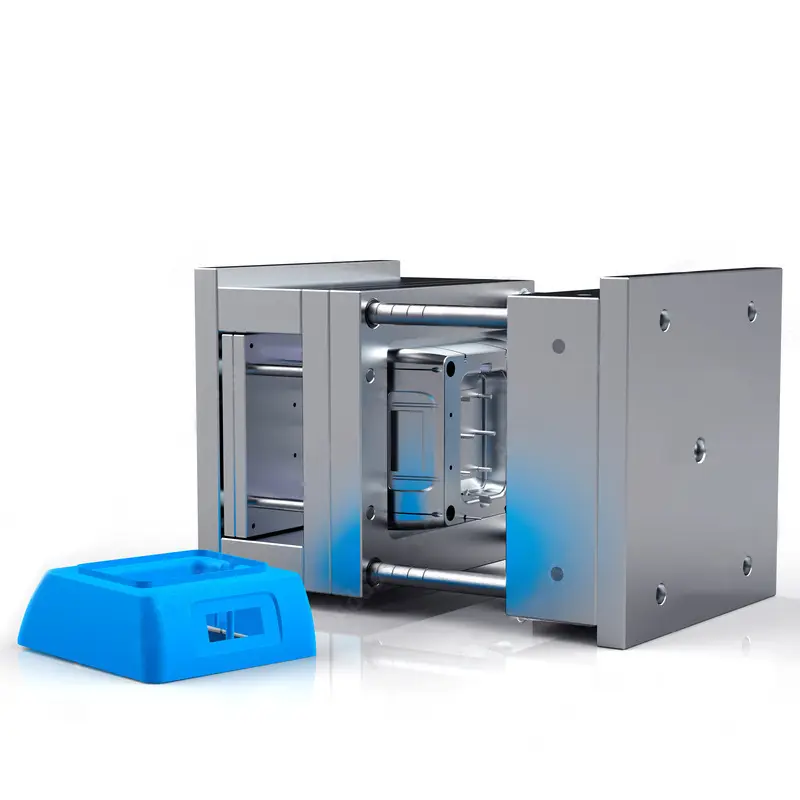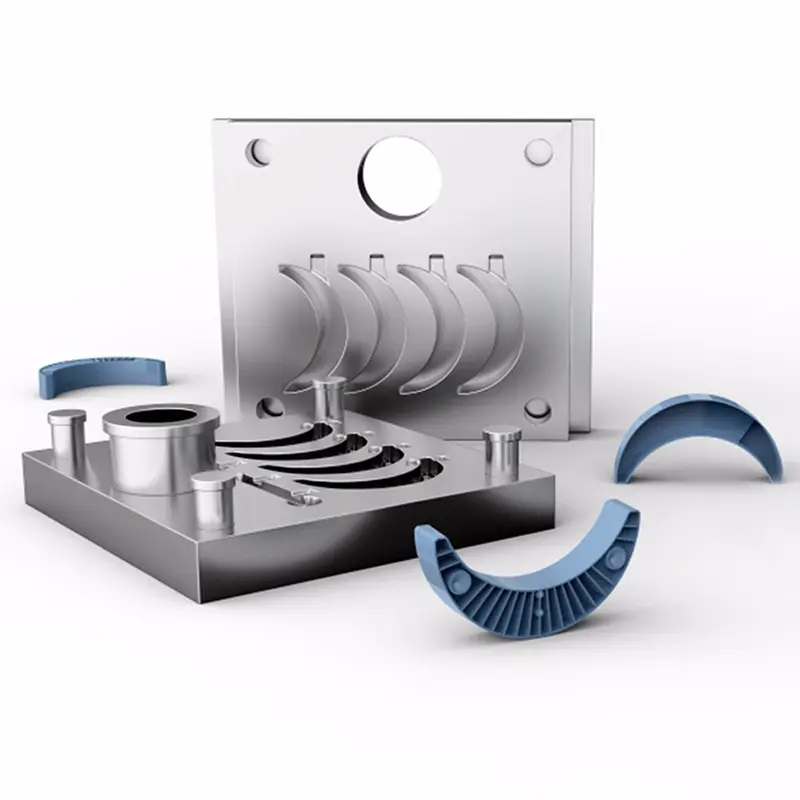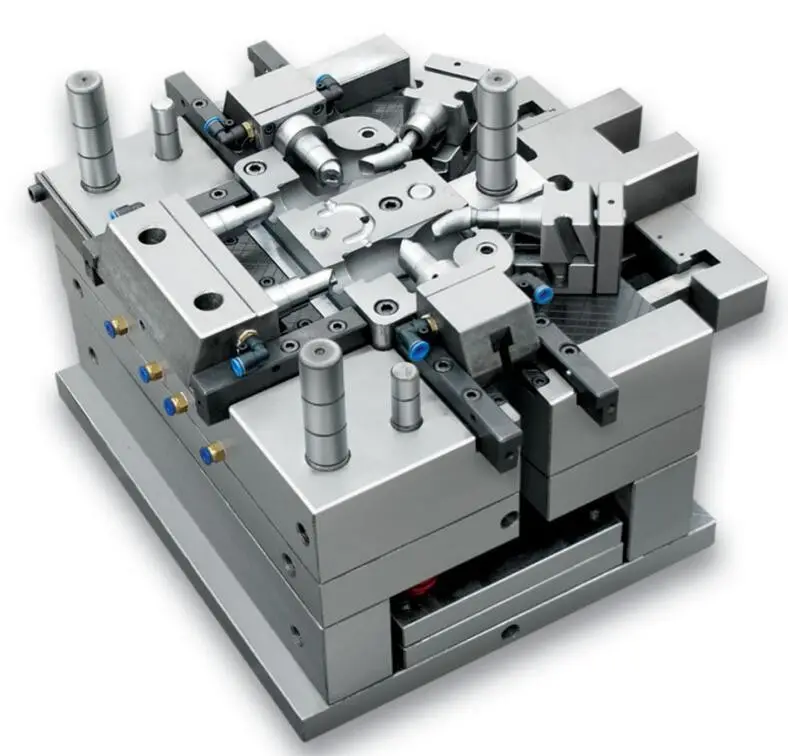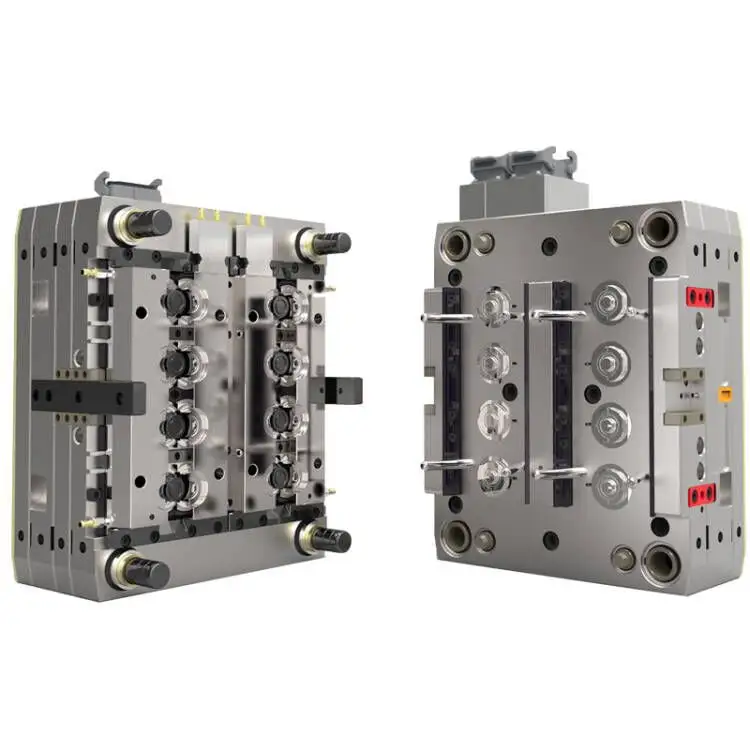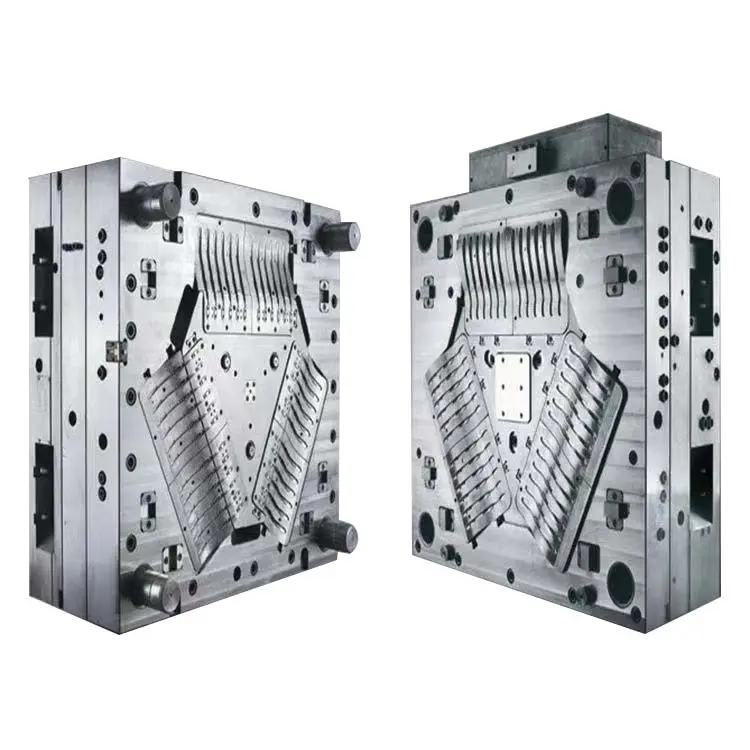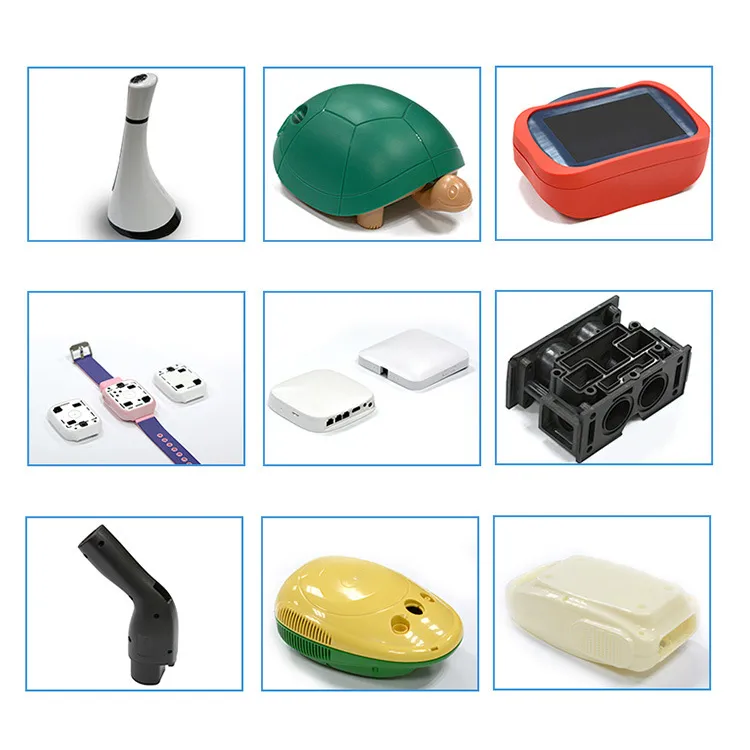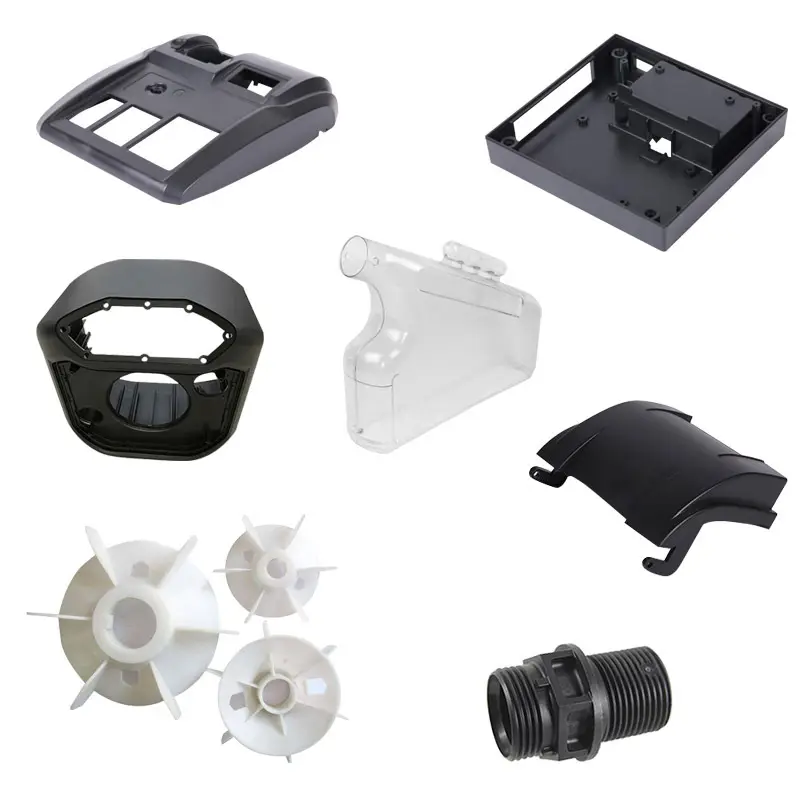Injection molding machines play a crucial role in the manufacturing of plastic components, and the choice between electric and hydraulic machines can significantly impact the efficiency and quality of production. Elite, a leading injection molding manufacturer, offers both electric and hydraulic machines tailored to meet the diverse needs of modern production environments. Each type of machine has its own set of advantages and limitations, making it important to understand their differences when selecting the right equipment for specific applications. In this article, we explore the pros and cons of electric and hydraulic injection molding machines, highlighting their key features, performance characteristics, and ideal use cases.
What Are the Advantages of Electric Injection Molding Machines?
Electric injection molding machines are powered by servo motors, providing precise control over all aspects of the molding process. They have gained popularity in recent years due to their energy efficiency and high precision. Key benefits of electric machines include:
- Energy Efficiency: Electric machines consume up to 50-70% less energy compared to hydraulic machines, as they only use power when the machine is in motion. This energy efficiency can lead to significant cost savings, especially in high-volume production settings.
- High Precision and Repeatability: Electric machines offer precise control over injection speed, pressure, and positioning, resulting in high-quality parts with excellent dimensional accuracy and repeatability. This makes them ideal for applications requiring tight tolerances and intricate details.
- Faster Cycle Times: Electric machines can achieve faster cycle times due to their rapid acceleration and deceleration capabilities, reducing overall production time and increasing throughput.
- Cleaner Operation: Without the use of hydraulic oil, electric machines provide a cleaner and more environmentally friendly operation, minimizing the risk of contamination and reducing maintenance requirements.
- Lower Noise Levels: Electric machines operate more quietly compared to their hydraulic counterparts, creating a more comfortable and safer working environment.

What Are the Pros and Cons of Hydraulic Injection Molding Machines?
Hydraulic injection molding machines have been a staple in the industry for decades, offering robust performance and versatility. They are powered by hydraulic pumps and motors, providing high clamping force and flexibility for various applications. Key advantages and limitations include:
- High Clamping Force: Hydraulic machines can generate higher clamping forces than electric machines, making them suitable for molding large and heavy parts that require significant pressure.
- Versatility in Material Processing: Hydraulic machines are well-suited for processing a wide range of materials, including those with higher viscosity or difficult flow properties. This versatility makes them ideal for producing thick-walled parts or components with complex geometries.
- Lower Initial Cost: Hydraulic machines typically have a lower initial purchase cost compared to electric machines, making them a cost-effective option for businesses looking to invest in reliable equipment without a high upfront expense.
- Greater Tonnage Range: Hydraulic machines are available in a broader range of tonnages, allowing manufacturers to select equipment that precisely matches their production needs.
- Higher Maintenance Requirements: One of the main drawbacks of hydraulic machines is the need for regular maintenance to address issues such as oil leaks, component wear, and temperature control. This can lead to increased downtime and long-term operating costs.
Durability and Product Lifespan of Elite’s Injection Molding Machines
Elite’s injection molding machines, whether electric or hydraulic, are designed to provide exceptional durability and long-lasting performance. Constructed from high-quality materials and equipped with advanced components, these machines are engineered to withstand the rigors of continuous production. Each machine undergoes rigorous testing and quality control to ensure it meets stringent standards of reliability and efficiency. The electric machines are equipped with robust servo motors and precision sensors, ensuring minimal wear and tear even after prolonged use. Hydraulic machines, on the other hand, feature reinforced hydraulic systems and enhanced cooling mechanisms to maintain consistent performance under high pressure and heavy loads. This focus on durability extends the lifespan of Elite’s injection molding machines, reducing the need for frequent repairs or replacements and providing long-term value for manufacturers.
Which Type of Injection Molding Machine Is Right for Your Application?
The choice between an electric or hydraulic injection molding machine depends on the specific requirements of the production process. Here’s a quick comparison to help you decide:
- Electric Machines Are Ideal For:
- High-precision applications, such as medical devices, electronic components, and small, detailed parts.
- Environments where energy efficiency, noise reduction, and a cleaner operation are priorities.
- Production scenarios requiring shorter cycle times and consistent repeatability.
- Hydraulic Machines Are Ideal For:
- Molding large or heavy parts that require high clamping force and flexibility in material processing.
- Applications involving complex geometries or materials with challenging flow properties.
- Businesses looking for a more affordable initial investment and versatility in tonnage options.
Conclusion
Both electric and hydraulic injection molding machines have distinct advantages and limitations, making each suitable for specific applications and production needs. Electric machines offer high precision, energy efficiency, and faster cycle times, making them ideal for high-precision parts and cleanroom environments. Hydraulic machines, on the other hand, provide high clamping force, versatility in material processing, and a broader range of tonnage options, making them well-suited for producing large and complex parts. Elite’s comprehensive range of injection molding machines ensures that customers can find the perfect solution to meet their production goals, whether they prioritize precision and efficiency or strength and versatility. By understanding the unique benefits of each machine type, manufacturers can make informed decisions that optimize their production processes and enhance overall performance.

